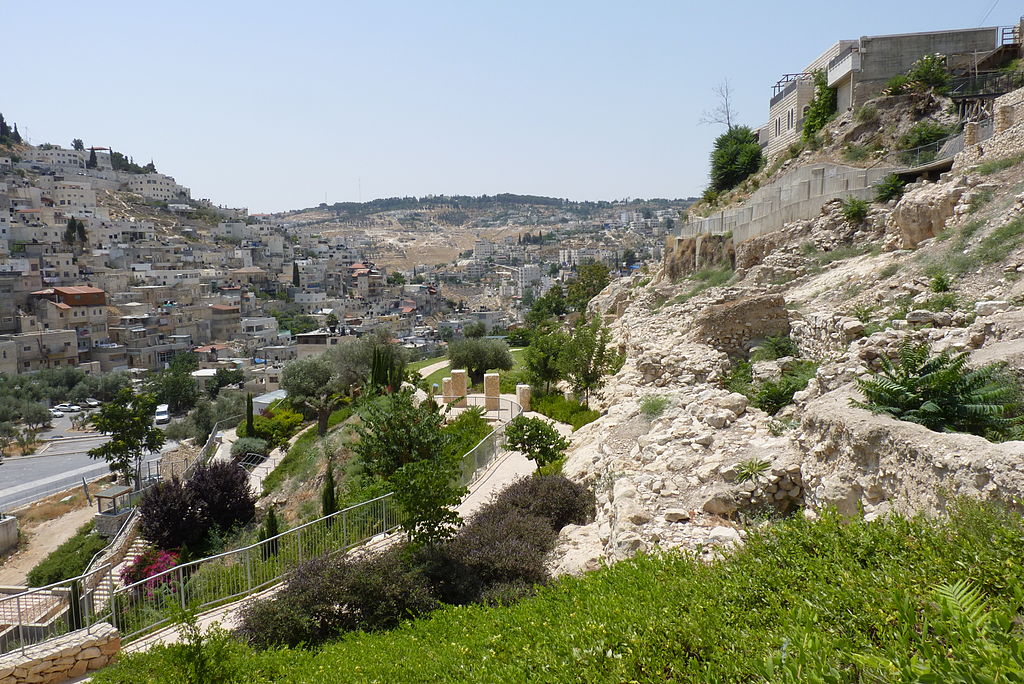15 Apr. Jesus admits he is the Christ, the Son of God
"Then the high priest stood before them and asked Jesus, 'Aren't you going to answer? Don't you have something to say about the charges against you?' But Jesus said nothing."
"The high priest asked Jesus another question: 'Are you the Christ, the Son of the blessed God?'"
"Jesus answered, 'I AM. And in the future you will see the Son of Man sitting at the right hand of God, the Powerful One, and coming on clouds in the sky.'"
"When the high priest heard this, he tore his clothes and said, 'We don't need any more witnesses! You all heard him say these things against God. What do you think?'"
"They all said that Jesus was guilty and should die."
"Some of the people there began to spit at Jesus. They blindfolded him and beat him with their fists and said, 'Prove you are a prophet!' Then the [Jewish] guards led Jesus away and beat him."
(Mark 14:60-65)

The time was about 6am, shortly after dawn on the morning of Friday 7th April 30AD ('Good Friday'). Jesus was on trial before the Sanhedrin (the Jewish Religious Council) on a charge of blasphemy (claiming to be God). But when several people stood up and made false and contradictory accusations against him, Jesus remained silent and refused to answer any questions.
Later, observers commented that his silence fulfilled the prophesy about God's 'suffering servant' foretold by the prophet Isaiah:
"He was hated and rejected by the people. He had much pain and suffering... He was wounded for the wrong we did; he was crushed for the evil we did.
We have all wandered away like sheep; each of us has gone his own way. But the Lord has put on him the punishment for all the evil we have done.
He was beaten down and punished, but he didn't say a word. He was like a lamb being led to be killed. He was quiet, as a sheep is quiet while its wool is being cut; he never opened his mouth." (Isaiah 53:3-7)
When Caiaphas, the high priest that year, asked Jesus if he was the Jewish 'Messiah' (the 'Christ' or 'anointed one') who had been promised in the Jewish scriptures (see Ezekiel 34:23 & 37:24, John 1:41 & Mark 8:29), he agreed that he was indeed the 'Christ' (the 'Messiah'). (See the feature on 'Who was the Messiah?' @ https://www.thebiblejourney.org/…/2-john-the…/johns-message/)
Jesus's choice of the words "I AM" was quite deliberate as "I Am" in Hebrew sounded like the word "Yahweh", God's own personal name revealed to Moses in Exodus 3:14:
"Then God said to Moses, 'I AM WHO I AM'. When you go to the people of Israel tell them 'I AM' sent me to you."
So, although we lose the exact meaning in translation, Jesus was clearly stating that he was, in fact, God. No wonder the Jewish leaders immediately declared him, in their eyes, guilty of blasphemy!
Jesus added that they would all see "the Son of Man" (a name for the 'Messiah', used by Jesus – see Daniel 7:13-14) sitting in glory at the right hand of God (as God's 'right-hand man') and coming on the "clouds of heaven" ('clouds' were often used as a symbol of 'invisibility', while 'heaven' means the place where God lives).
The High Priest was furious and tore his clothes – although he was breaking the Jewish law by doing so (see Leviticus 21:10).
Jesus was convicted of blasphemy by the Jewish elders of the Sanhedrin, and was deemed to deserve the death penalty (which could only be authorised by the Roman procurator).
So the stage was set for Jesus to be led away to appear before the Roman procurator, Pontius Pilate.
The photo (by Ricardo Tulio Gandelman) shows the City of David in Jerusalem, near where Caiaphas's house was located.
You can read more about the trial of Jesus before Caiaphas, the Jewish High Priest @ https://www.thebiblejourney.org/…/6-jesu…/jesus-is-arrested/
